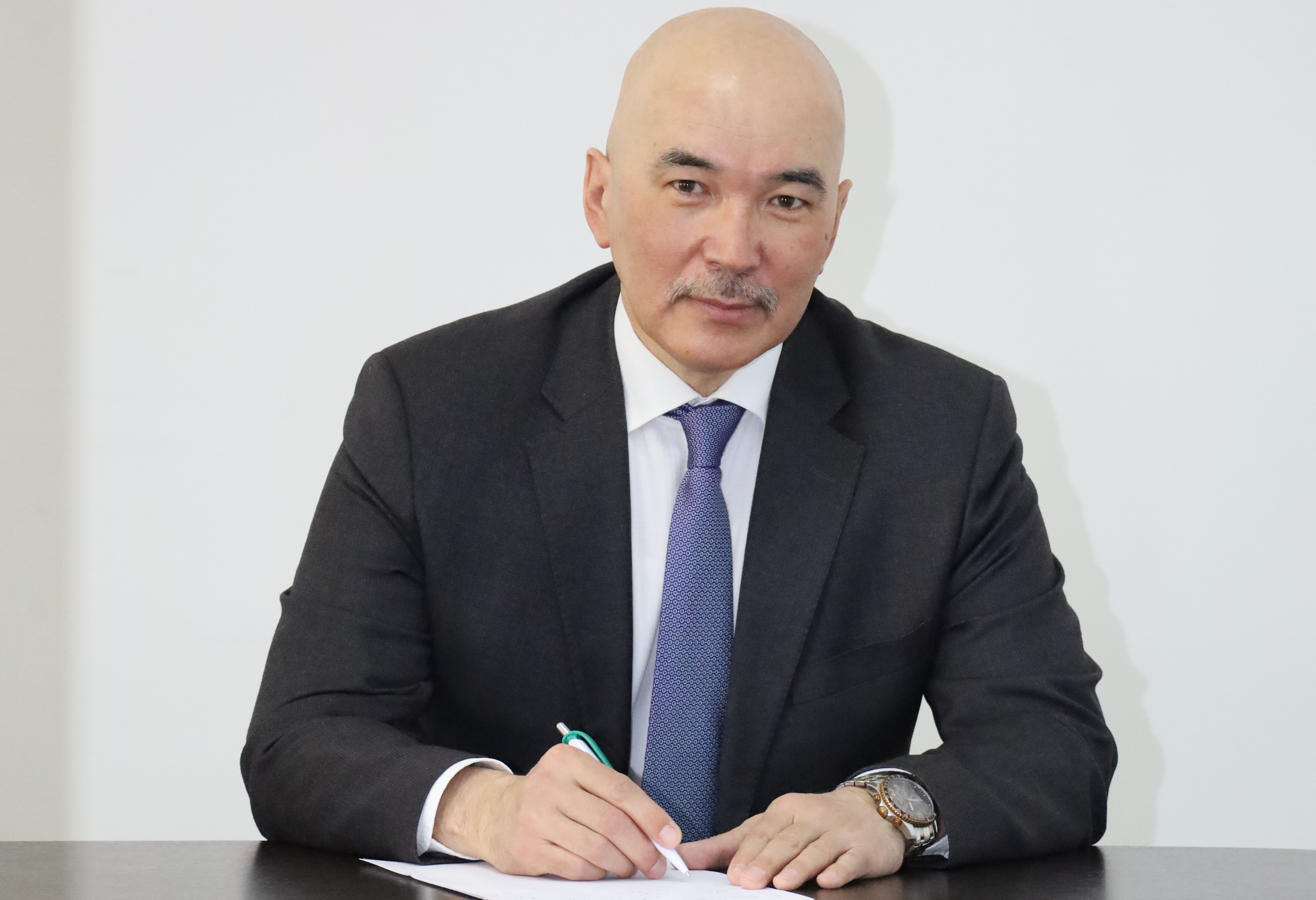The Republican public association “Zhanaru” is heading the civil society anti-corruption
movement in Kazakhstan

Zhanaru archive
In the past few years, Kazakhstan went through a series of anti-corruption reforms and campaigns. Among the active Kazakh civil society representatives is the Republican public association “The All-national Movement Against Corruption “Zhanaru”. The NGO is one of the leaders in fighting corruption. Chairman Mels Semgaliyev explained that the Convention, in particular those provisions related to the involvement of the non-governmental sector facilitate their work. On the basis of
Article 13 UNCAC, “Zhanaru” monitors state's obligations in implementing the Convention. Since its establishment in 2013, the NGO conducted expert discussions regarding the national report draft on combating corruption and made proposals to state programs and strategic documents. The “Zhanaru” initiated innovations in the legislative process aimed at improving the effectiveness of anti-corruption laws in Kazakhstan.
Working together for one goal
This year the “Zhanaru” launched a nationwide social project, titled “Holding a set of events for the formation of anti-corruption awareness among young people”. The project includes lectures, discussions, meetings with the media, master classes, discussions on youth problems with leaders of the regions and state bodies, coverage in mass media and social networks. Other activities to raise awareness include the creation of special anti-corruption videos, booklets, flyers, brochures and methodological recommendations, developing proposals and recommendations to state bodies. More trainings will be held to further sensitize officials and the public as well as forge more collaborations. Moreover, it is essential to solve the financial problems of non-governmental organizations engaged in combating corruption and ensure their economic sustainability.

